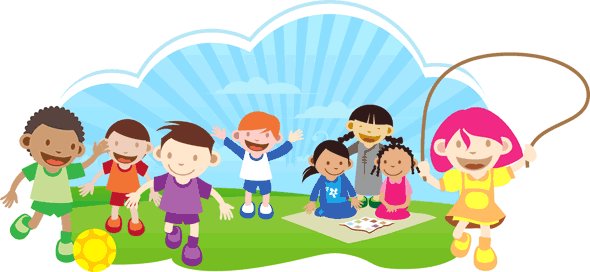 The summer is winding down, and you’re probably bidding your semester school friends farewell. Stanford is only a month away.
The summer is winding down, and you’re probably bidding your semester school friends farewell. Stanford is only a month away.
As school begins to take up more and more space in your brain, it may be a bit of a mixed bag. It’s exciting to think about connecting with people, reveling in the thrill of independence. But what about the “school” part?
For new Stanford students, you may have reservations about how your academic experience will unfold at Stanford, but I am here to tell you that there will be as many things you already know how to do as there will be things to learn anew.
You’ve already got lots of skills (you wouldn’t be coming to Stanford if you didn’t) and you’re also going to learn some new ones. Much of the knowledge, and many of the beliefs, attitudes, and habits you’ve gained in your K-12 education and daily life will provide a strong foundation for building your new educational experience at Stanford.
One of the MOST important learning skills is meta-cognition. Which means thinking about learning. Which means “how do I know what I think that I know” and “how well are my efforts to learn really helping me learn?”

So what are you trying to say?
Try taking a moment this week to think about how you learn? Is it the reps that get you? Or the conversation with a friend that makes you sure you “get it?” Is it having a routine for your week, or is it blocking out the entire quarter at once and letting your calendar be your brain? Think about what you do and what works.
Um, you want me to think about learning without actually learning?
Yes, I want you to think about learning. And believe it or not, reflecting about your learning can make you more conscious about the ways in which can be a successful learner. You may also discover ways in which you are not as effective in studying and learning. More on that throughout the year. (Follow us @duckstop to get tips throughout the week and hear when we’ve posted something new and amazing.)
And what do you want me to do?
- Set aside some time, maybe bust out a pen and paper or fire up the laptop to compose your thoughts, and make a list of what it is that you do to study and to learn.
- After that, go through your list and rate how effective you think each strategy works for you. Perhaps you can use a simple 5-point Likert scale (1 – not super effective to 5 – totally effective).
- Make a note if any thoughts come to mind.
Congratulations! You’ve conducted your own mini self-assessment on your own learning and have made explicit to yourself what works for you! Yay, metacognition and learning! You might want to check out our self-assessment too.
Knowing these things about yourself can help you figure out how your study and learning skills will translate to your new educational experience when you get to Stanford. We will talk about translating these skills in coming posts, and when you come to Stanford, try coming in for an Academic Skills Coaching Session! Now go enjoy the rest of your summer!

